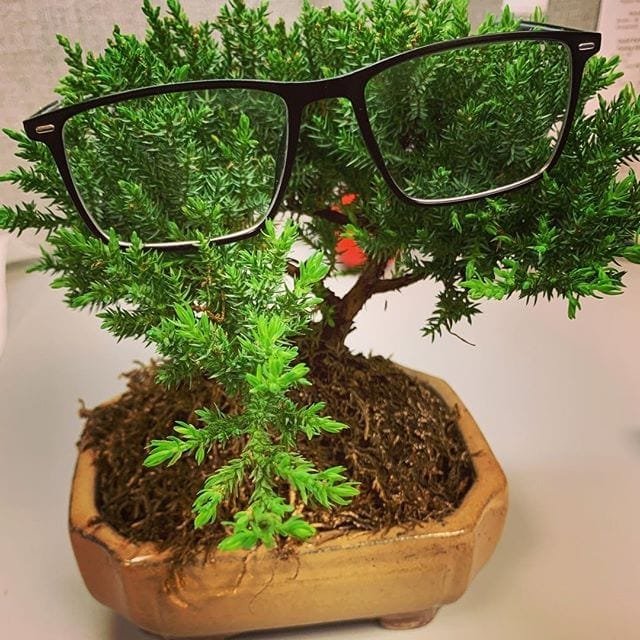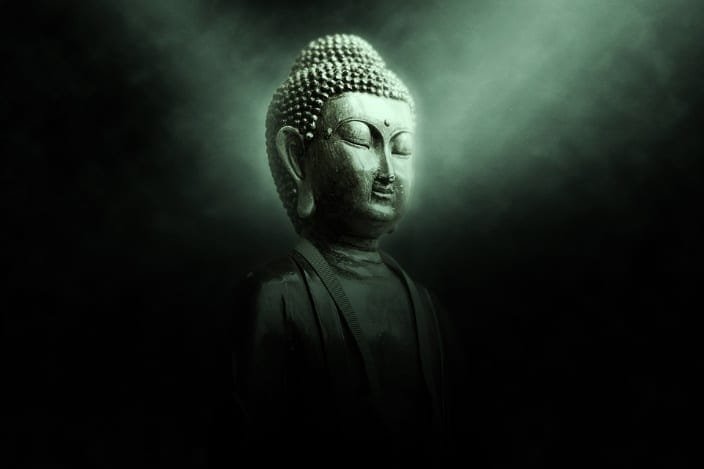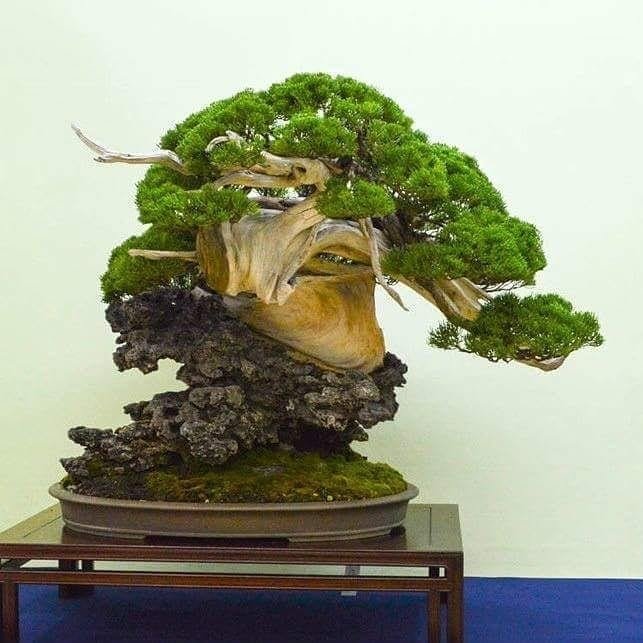Developed and highly praised in the Country of the Rising Sun, the art of bonsai has spread all across the globe, turning the once rather restricted discipline into an appealing and relaxing hobby anyone can enjoy.
However, there are both pros and cons of keeping bonsai at home – scientifically and spiritually, and we are about to shed more light on that matter alongside little-known, interesting facts.
Scientific Benefits of Keeping Bonsai at your Home

Like many other plants, a bonsai tree can provide an array of benefits for your health.
From an aesthetical point of view, the pros of keeping a bonsai tree at home are easy to spot: you are able to add greenery to your surroundings. Nevertheless, a bonsai tree differs from adding any other type of greenery, for it is an exquisite pleasure to be gazed upon.
But apart from being a piece of art, a bonsai tree is, above all, a living organism – and as such, it can greatly enhance the quality of life by interacting on a physical, mental, and emotional level.
1 – According to studies at the Agricultural University of Norway conducted by university professor Tove Fjeld in Oslo, keeping plants in interior spaces can greatly decrease the incidence of sore throats and dry coughs, as well as colds and dry skin.
That’s thanks to the way indoor plants help in maintaining humidity levels in a good balance. However, it is important to keep in mind that particular types of bonsai trees can work better in increasing humidity levels than others.
2 – Based on studies on the benefits of using plants indoors compiled by Dr. Leonard Perre who is a Horticulture Professor at the University of Vermont, even the mere visual exposure to plants can decrease levels of stress, as well as reduce blood pressure. It can also help to increase productivity and significantly help in alleviating depression and anxiety.
3 – According to breaking research conducted by NASA’s experts, keeping plants in a living space and/or office settings can significantly reduce the volatile organic compounds (VOCs) present in the air.
VOCs include different health-damaging substances like formaldehyde. Formaldehyde is present in rugs, cigarette smoke, and even grocery bags.
Meanwhile, benzene and trichloroethylene are both present in man-made fibers, as well as ink and solvents. By pulling contaminants into the soil, a bonsai tree (and other indoor plants) can convert the harmful VOCs into plant food.
Then again, some bonsai tree species can prove to work much better in trapping air pollutants than others.
Scientific Cons of Keeping Bonsai at Home

1 – Dealing with an insect infestation is one of the cons of keeping a bonsai tree at home. However, such issues can be avoided with maintaining a suitable growing environment and regularly checking for signs of any nasty intruders.
2 – Beware from microscopic toxic spores such as black mold. Capable of causing an array of health issues ranging from sinus congestion to memory body fatigue and memory impairment, black mold can find the perfect conditions to occur if the soil of your bonsai tree (or any other indoor plant) is kept too moist.
On the bright side, black mold-related issues can be also avoided by careful examination and maintenance of a well-balanced growing environment.
Spiritual Benefits of Keeping Bonsai at Home

Image Courtesy of pixabay.com
The spiritual benefits of keeping bonsai at home can expand way beyond what we are capable to perceive at the very first sight or thought on that matter.
Keeping in mind the sacred and complex connection between bonsai and Wabi-Sabi – (Wabi-Sabi being the ability to embrace imperfection) – bonsai can help tremendously in shaping the way you experience reality.
Video by BBC Earth Unplugged – Bonsai: the Endless Ritual | Extraordinary Rituals | Earth Unplugged
Source: youtube.com
The ever-lasting devotion needed to turn a bonsai tree into a true piece of art can help one attain the much-needed virtue of patience – and as we know fair well, patience can help us in many aspects of life.
Just like a bonsai tree needs to be re-potted and proceed growing despite the shock it experiences with each repotting, we, human beings, can also learn that expanding our horizons sometimes comes with challenges. Yet challenges are not to be avoided or feared but they must be met with the same dignity bonsai trees demonstrate.
Watching the leaves of a bonsai tree fall off at some point of the season can help one realize that in nature, all things come to an end.
However, the end is not always THE end but often it is a new beginning. This insight can be applied to the way we need to let go of habits, ideas, and/or environments that no longer contribute to our spiritual growth and mental and physical health.

Nevertheless, the process of carefully examining the overall health of a bonsai tree by inspecting the leaves, the stems, and the soil for any negative signs can also help us learn to take better care of ourselves.
Instead of being faced with severe issues, prevention is key so paying attention to your body might easily become a habit born by the lessons of keeping a bonsai tree at home.
As to the cons on that matter, if you are the type of person who has a hard time keeping his/her temper, taking care of a bonsai tree can exuberate some of your weak sides such as getting angry because of your inability to understand possible issues on your way as a bonsai tree gardener.
But above all, whether it comes to scientific or spiritual pros and cons of keeping a bonsai tree, there is only one thing that truly matters – your sincere dedication and love for the aesthetically appealing miniature trees that bring new life and a whole new ambience to any living space.


